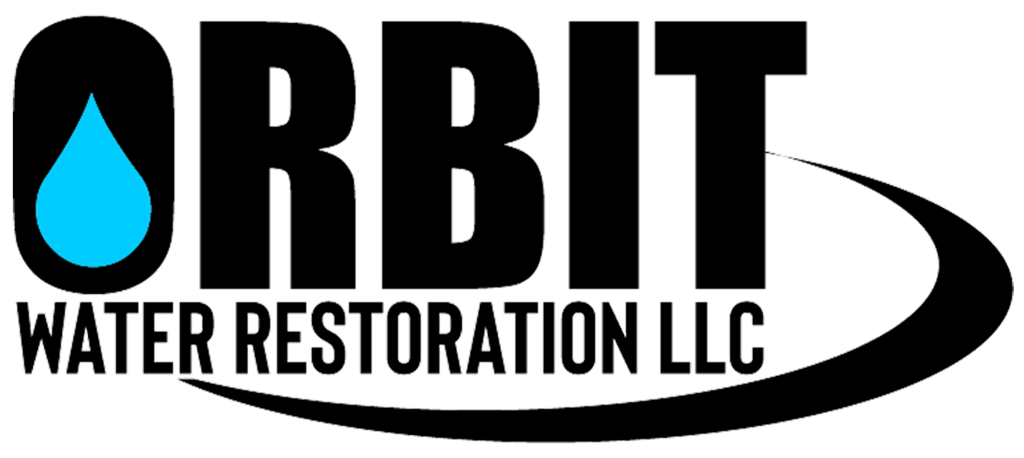Sometimes, needing to deal with water damage to your residence is an inevitable toll. Your priority during the aftermath of a heavy storm should be your safety. But then, it is also important for you to keep a level head and be able to inspect the state of your house. For example, the question of “How to effectively handle apartment water damage?” should be taken on with a steady mindset- even if approaching this task seems extremely daunting. It is only after you take the first step in this process that you will instil confidence in yourself.
In this article, we will help you build precisely that conviction. There are a few guidelines you can take note of when facing water damage. Keeping these in mind, you can navigate your way through any state of your living space after a storm. Of course, there will be an extent to which you can restore the condition by yourself and then, call for professional help. But, in being equipped to identify that line, you already hold more knowledge and agency than many others!
Firstly, Ensure Your Safety
Your first order of business after a storm has passed is to observe the severity of damages you are facing and if these are physically hazardous to you. This means you are prioritising the lives of your loved ones over any inanimate objects. So, for example, if you witness large puddles inside your living space, it is advisable to evacuate everyone outside the residence and turn off the electrical unit. Of course, the second part of this step should be done only if there are not any exposed electrical outlets already near the water. Yes, executing this step will most likely lead to some of your items suffering from water damage. However, in the long run, that is less fatal than if the water builds with electricity near any of your loved ones.
Similarly, in the case of large flooding, it is also best for you to turn off the gas supply on your way out. This is primarily due to the risks involved in the water leaking into your gas outlets and then not fully drying out in the future. Again, as you can guess, expenses associated with water damage are unpredictable. But, your safety should continue to trump that concern.
If Possible, Dry Your Living Space
In the scenario of massive flooding, this option may not be possible. However, if you are facing minor water damage, your next step should be to call in for backup (if available) and get ready with a few drying clothes. This will help prevent moisture from growing into mold and a list of further problems. Also, you should begin from the lowest part of your house. This will give you a chance to inspect the degree of damage as well. And, in the case of any small puddles forming, take assistance from a bucket and carry the water outside.
More so, you should open up your windows and doors to allow for natural evaporation as well. This step may not seem too significant but, in the long run, any help will be important. Similarly, if the electrical system is safe to run, turn on the fans for extra support while you quicken the process through hands-on work!
Clean Up The Debris
An unfortunate aspect of dealing with the consequences of a storm is the debris carried in by the water and wind. You can find anything from leaves, tree branches, sediment to garbage bags being washed up into your home. Now, this is a disgusting aspect of the work, however, it is necessary to be mindful of clearing these items. Ranking this step as a priority (once you have ensured your safety) can be an effective starting point for recovering from water damage. Getting rid of any debris that has floated into your home can save you a quicker passage to clearing out the water as well.
You may also work through anything salvageable that the storm may have brought and sort through it at a later point. Immediately though, these potential items can be stored in a safe area. Alternatively, anything that is damaged or not useful any longer should be thrown out with efficiency. It will only cause clutter in the future if you hang on to these objects.
Conclusion
Recovering from water damage can feel like an extremely difficult task, especially considering the vast variety of problems differing storms can leave behind. But, in the face of all of these issues, there is one rule of thumb: You must keep a steady head and put safety first. All inanimate objects must come second to your loved one’s well-being and the rest- you will be able to resolve. Hopefully, with the points mentioned above, you have a stronger grasp on the initial steps you may take before needing to call in for professional support or consultation.

